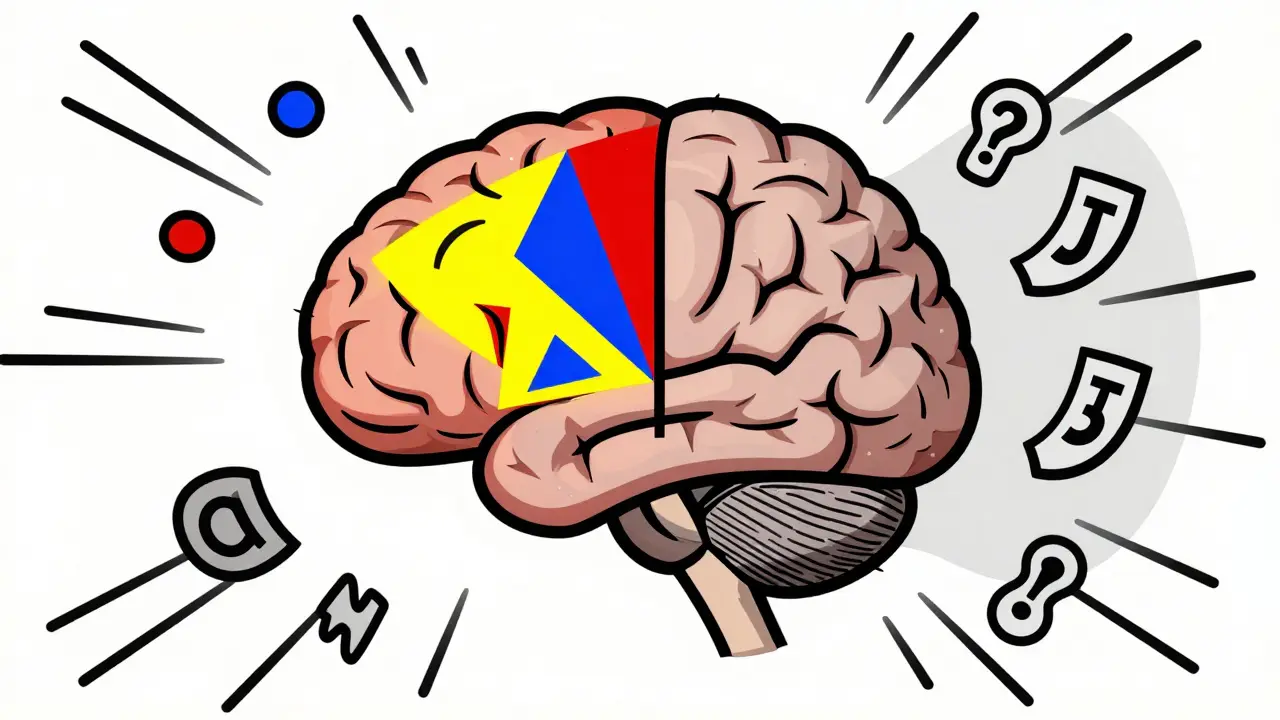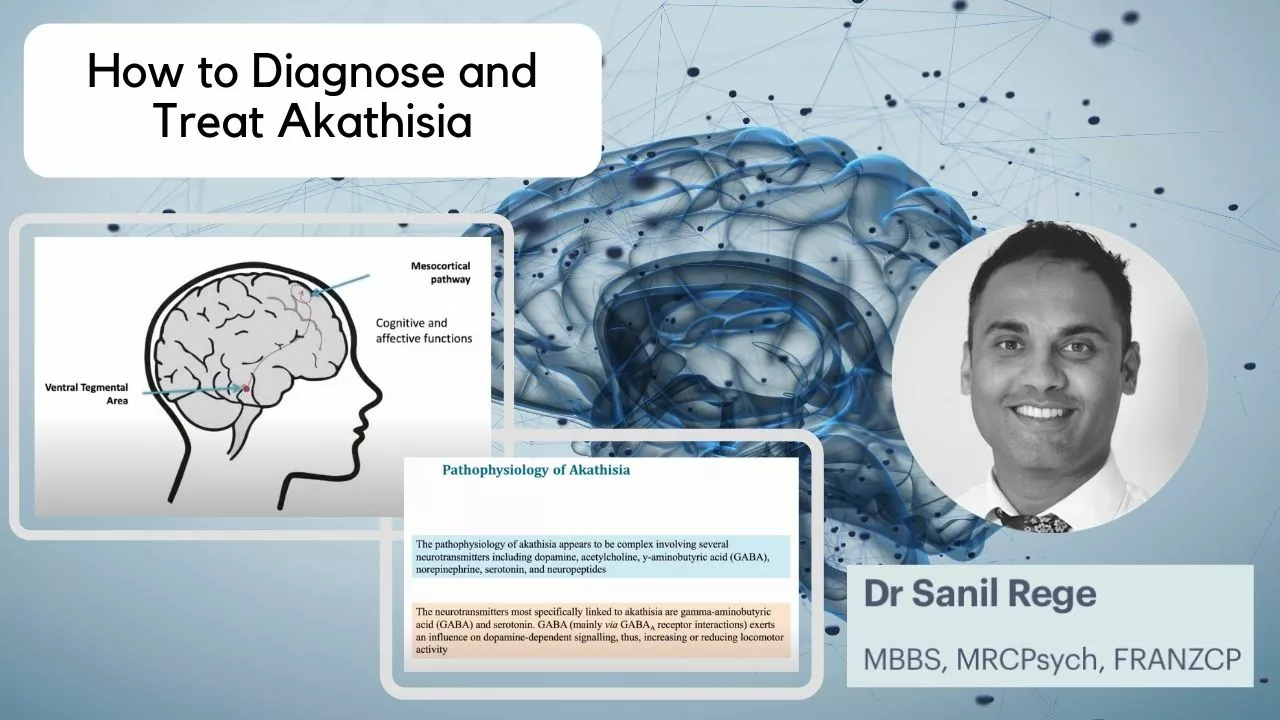Mental Health: Practical Guides, Medication Facts, and Real-World Tips
Confused about mental health meds, symptoms, or finding care? You're not alone. This category brings together clear, practical information about common conditions and treatments. I focus on real questions people ask-how a drug works, what side effects feel like, and when to call a doctor. Read the short guides, honest medication stories, and step-by-step tips.
You'll find articles on antidepressants like Prozac, antipsychotics such as aripiprazole, and detailed overviews of disorders like bipolar. Each post explains what to expect, how treatments are used, and simple ways to manage side effects. I include signs to watch for and questions to ask your clinician. That makes it easier to take part in treatment decisions.
Medication is only part of the picture. I cover therapy options, lifestyle steps that help mood and sleep, and how telepsychiatry works for remote care. If you live far from a clinic or need flexible appointments, the telepsychiatry pieces show what to prepare for and how meds are monitored online. There are practical checklists you can use before and after appointments.
Worried about side effects like akathisia or sexual dysfunction? Read the plain-language explanations and fixes that doctors actually use, such as dose changes or switching drugs. I explain risk factors and safe ways to report problems. When urgent help is needed, the posts list clear red flags so you know when to seek immediate care.
If you or a loved one has bipolar disorder, the guides compare types, symptoms, and typical treatment paths. Expect concrete examples about mood swings, sleep patterns, and how different medications affect daily life. These articles aim to reduce guesswork so you can recognize patterns and work with your provider.
Practical tips make a difference. You'll get advice on tracking symptoms, keeping a medication diary, and talking with family about mental health. I recommend simple templates you can print or copy into your phone. Small habits-like regular sleep, consistent pill routines, and scheduled check-ins-help treatment stick.
Safety and truth matter here. I cite common clinical practices and point to resources for more medical detail. But I don't replace your clinician. Use this site to get informed, prepare for visits, and ask sharper questions at appointments.
Want to find something fast? Use the search box for drug names, conditions, or topics like telepsychiatry and side effects. Each article has a short summary and keyword tags so you can spot useful reads quickly. If you have a topic you'd like covered, send a suggestion.
Mental health care can feel messy, but clear information helps. Read the guides, use the checklists, and bring notes to your next appointment. You'll leave knowing more about options, risks, and the simple steps that make treatment work.
If you want deeper info on a drug or diagnosis, open the full posts linked here, print quick guides, or copy questions into your phone before appointments. Join newsletter for updates, or contact us about topics you want covered. Being prepared makes visits safer.
Cognitive biases are invisible mental shortcuts that shape how you respond to information, often distorting facts to fit your beliefs. Learn how confirmation bias, self-serving bias, and others affect decisions - and how to catch them before they control you.
A clear guide on using loxapine in children and teens, covering safety, dosing, monitoring, and how it compares to other pediatric antipsychotics.
24 May
2025
Discover the real story behind Prozac—how it works, who it helps, side effects you should know, and the tough truths about long-term use. Get clear tips about taking Prozac, see what to expect, and learn from real-life experiences. The article shares surprising facts, practical tips, and untold details about this famous antidepressant. If you're curious about mental health meds or just want straight talk, read on. You'll learn how Prozac can affect your daily life—for better or worse.
Explore every type of bipolar disorder and what sets them apart. This article breaks down the symptoms, real-life challenges, and treatment options in practical, easy-to-understand language. Find helpful tips, relevant facts, and even a side-by-side comparison of how these disorders show up. Get ready for a deep but relatable dive into bipolar disorder from someone who really gets it.
As someone who's been researching mental health medications, I recently came across a topic that caught my attention: Aripiprazole and its connection to akathisia. Aripiprazole, a widely prescribed antipsychotic medication, has been known to cause akathisia, a condition characterized by restlessness and agitation. Although this side effect can be quite bothersome, I've discovered that it can be managed through dose adjustments, additional medications, or even switching to a different antipsychotic drug. It's crucial for patients and healthcare providers to openly communicate and work together to find the best solution. Mental health is a complex journey, and understanding these nuances can make a significant difference in treatment outcomes.
As a mental health advocate, I am excited to share the promising approach of combining Aripiprazole, an antipsychotic medication, with telepsychiatry for remote mental health care. Aripiprazole is known for effectively managing symptoms of various mental health disorders, making it a suitable option for telepsychiatry. Telepsychiatry brings mental health care to patients in remote areas, breaking geographical barriers and improving access. This innovative approach allows for continuous, personalized care and proper monitoring of medication effectiveness. With the rise of telemedicine, integrating Aripiprazole and telepsychiatry offers immense potential for enhancing the quality of mental health care for those in need.





